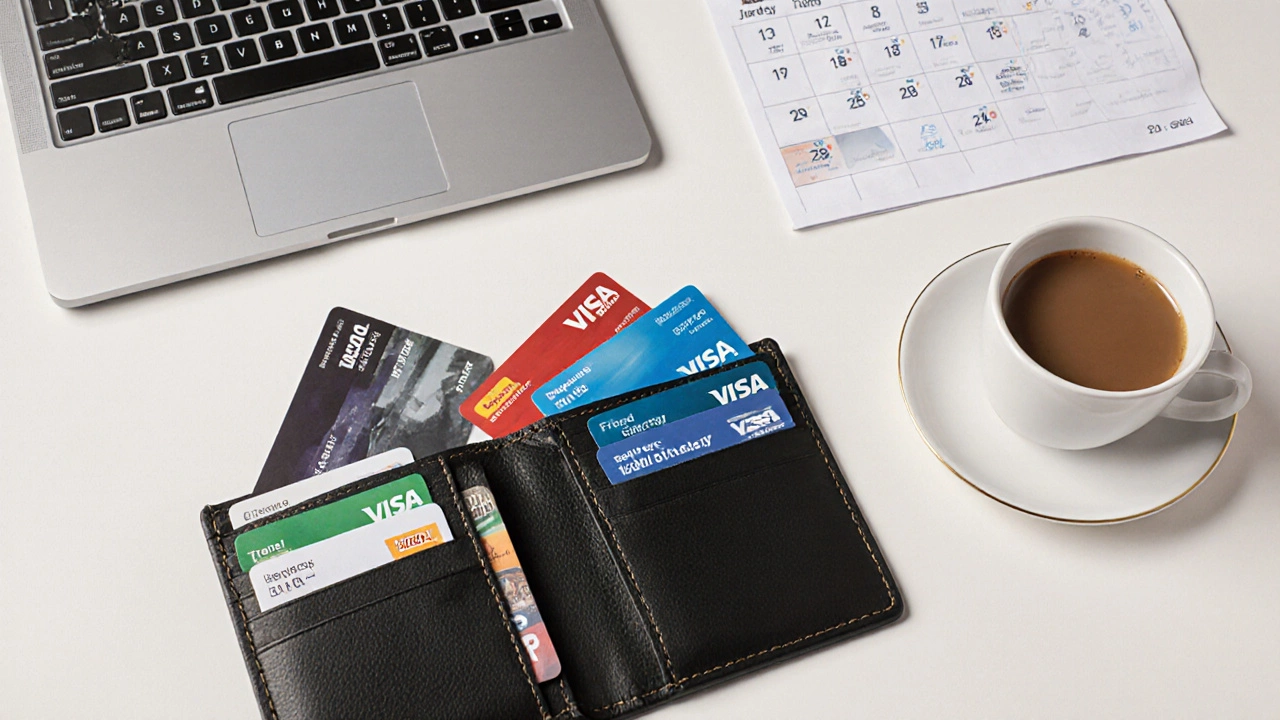Credit Card Management: Smart Ways to Control Spending and Build Credit
When you use a credit card, a financial tool that lets you borrow money up to a set limit, repay it later, and often earn rewards. Also known as charge card, it’s not just a way to pay for things—it’s a powerful lever for your financial health if used right. Too many people treat credit cards like free money, but the truth is they’re a loan with interest, fees, and long-term consequences. Good credit card management means knowing exactly how much you owe, when it’s due, and how each purchase affects your credit score.
Managing credit cards isn’t about never using them—it’s about using them like a tool, not a crutch. It requires tracking spending, paying on time, and keeping your balance low compared to your limit. This isn’t just theory. People who keep their credit utilization under 30% see measurable boosts in their credit score within months. And if you’re using rewards cards, smart management means earning cash back or points without falling into debt. It’s the difference between getting free travel and paying extra in interest.
Related concepts like credit score, a three-digit number lenders use to judge your reliability as a borrower and credit card debt, unpaid balances that grow with interest if not cleared monthly are deeply tied to how you handle your cards. Miss a payment? Your score drops. Carry a high balance? Your credit utilization spikes. Use too many cards at once? Lenders see risk. But flip it around—pay in full, keep accounts open, and use cards for small, planned purchases—and you build trust with lenders, get better rates on loans, and even unlock better insurance deals.
Some of the posts below show how to beat the Chase 5/24 rule, which is really about managing multiple cards without triggering red flags. Others dig into budgeting mistakes that lead to credit card trouble, like guessing your spending or ignoring income changes. You’ll also find advice on how to use credit cards as part of a real budget—not as a band-aid for overspending. This isn’t about cutting up cards. It’s about taking control. Whether you’re trying to fix past mistakes, build credit from scratch, or maximize rewards without debt, the strategies here are practical, tested, and made for real life.

Having four credit cards isn't automatically bad-it's how you use them that matters. Learn when multiple cards help your credit score and when they become a financial burden.
Read More